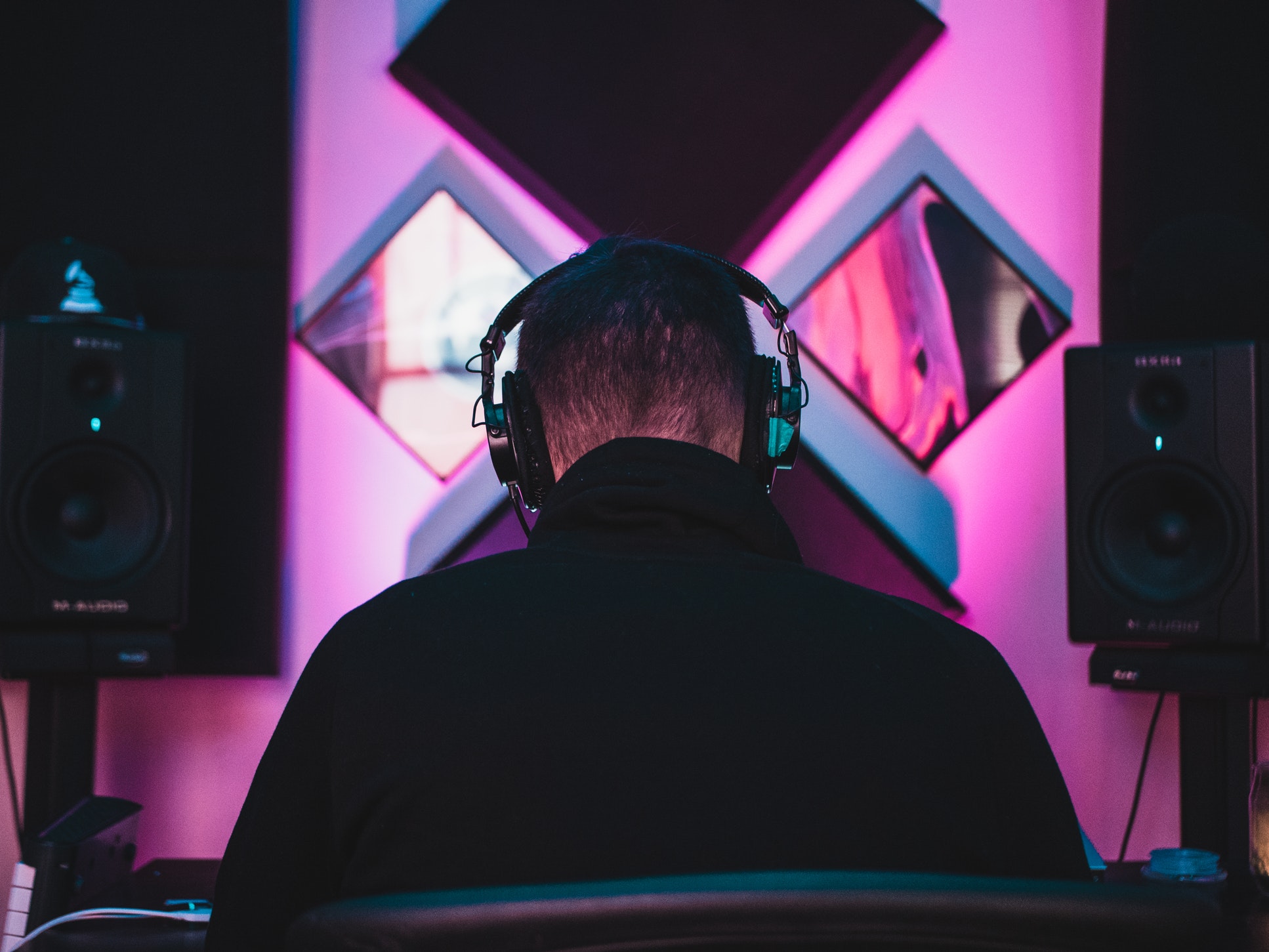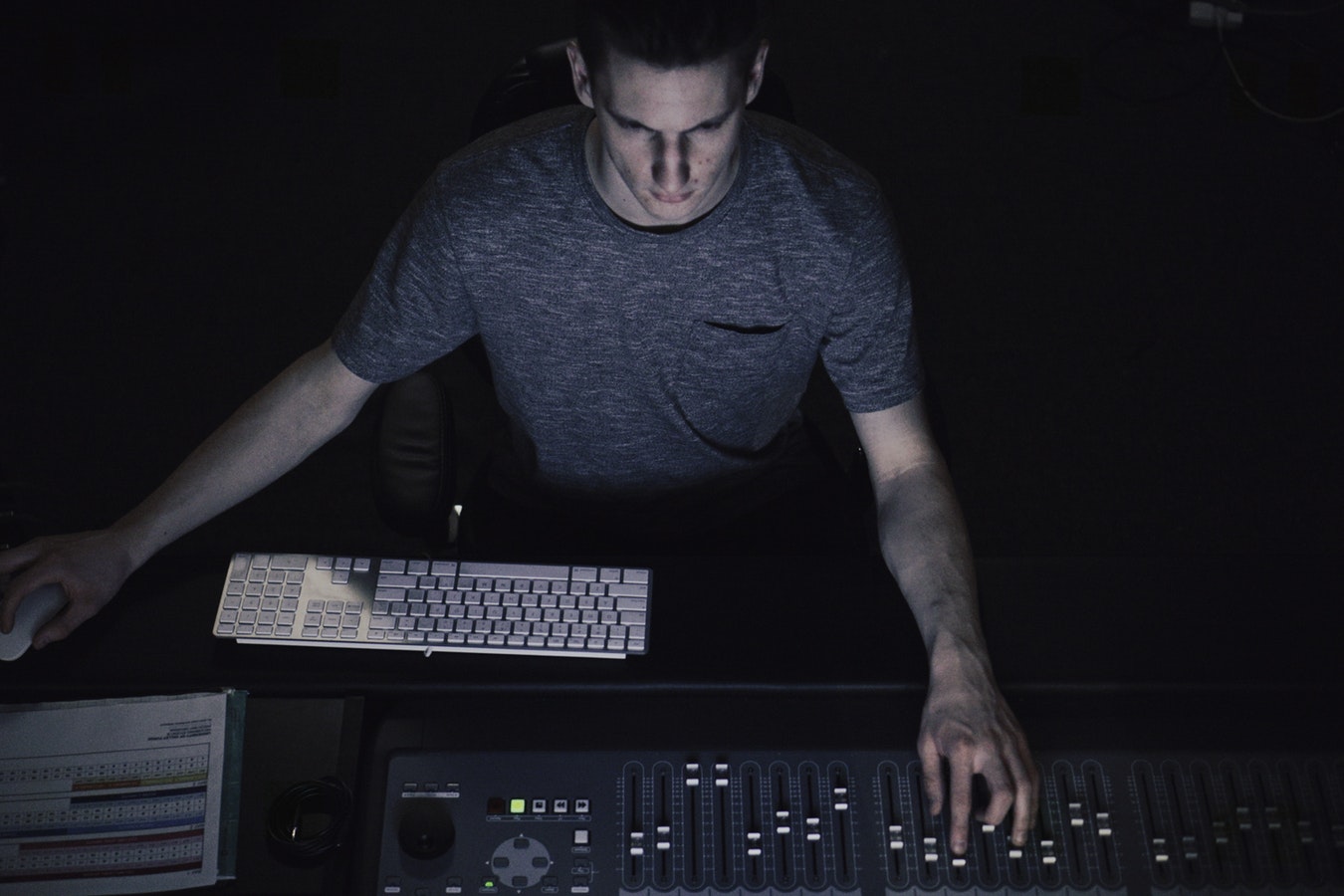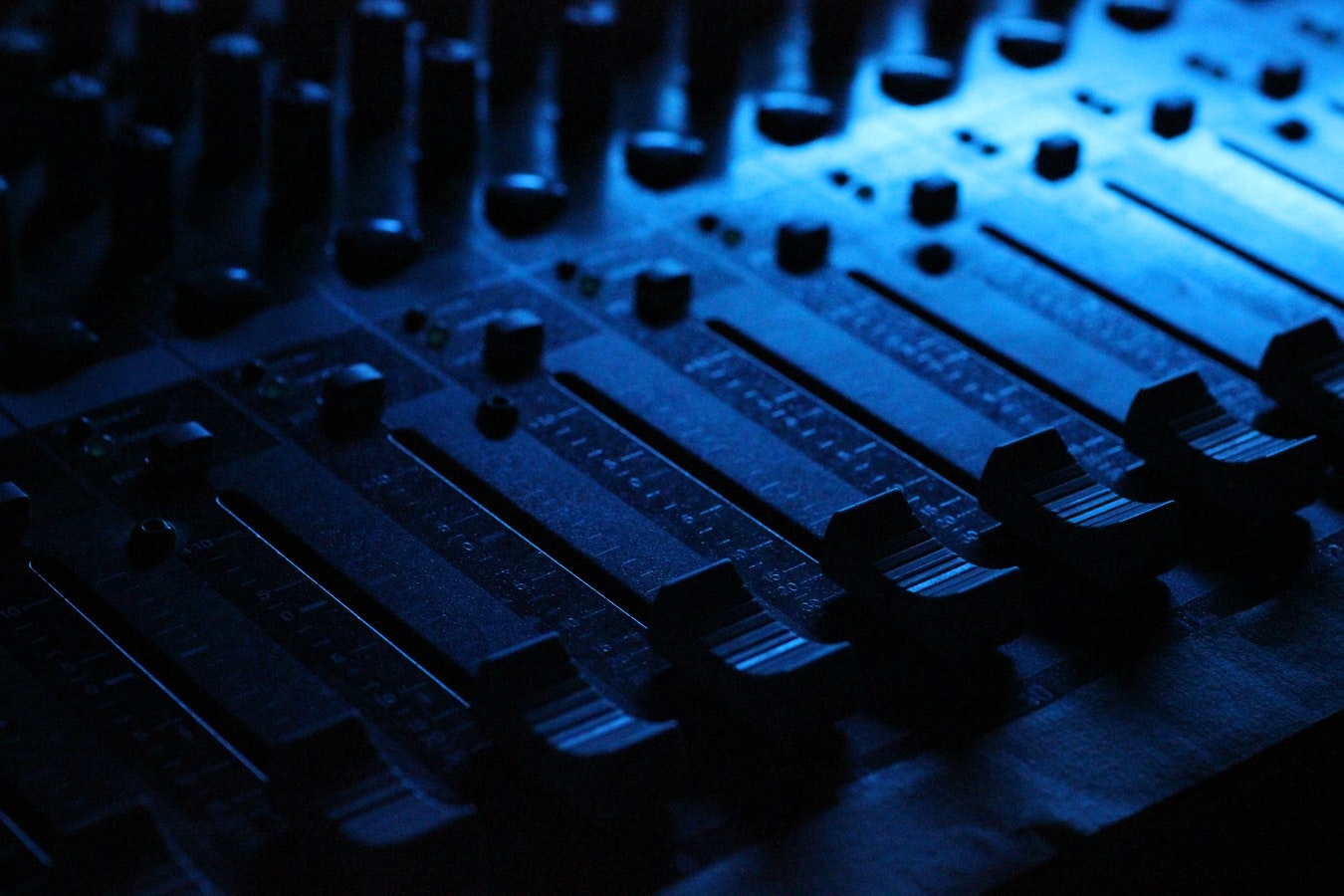Introduction
Every beginning is difficult - of course also in the great sphere of music production. If you're just at the start of your career as a producer, you probably browse the Internet, journals, reference books, tutorials, forums and so on. You will be confronted with a sheer flood of must-have plugins, must-have equipment, DAW recommendations, mixing techniques, and much more that should guarantee you "the" only true sound and fast progress in developing skills.
Considering that, it is difficult to keep track and focus on what's important, producing music. However, regardless of the equipment you use, your DAW, the circumstances of your studio and your musical style, there are a few basic points you should keep in mind in order to ensure a stress-free start to music production, make rapid progress and develop your skills.
Let's start by uncovering the most prevalent myths.
The most widespread myths about Music Production
Of course, this enumeration is not complete, it could be continued indefinitely. However, the following myths are certainly high on the list of common mistakes and their clarification is especially interesting for beginners and aspiring music producers because they refer to basic views of everyday life in the studio.

"Everybody can handle order, but only a genius can master chaos":
This myth primarily refers to the existence of the producer and musician as a creative head. Some creatives or artists say that keeping order, discipline and routines damage their creativity. This may also apply to some. However, creative people are often unaware of how much they are damaging their workflow. In general, however, you can assume that a solid structure will be helpful in producing music on a daily basis. Imagine that you are working on a track and want to add a specific sample. You have the sound right in your head, but what folder was it in? You can't find it in your chaos of files and folders and instead try another file that is just catching your eye.
With a systematic folder structure, the correct naming of your files and the dedicated partition of your hard disk this wouldn't have happened. Of course it may seem annoying at first to name and sort all your samples, tracks and projects correctly. But if you have a spontaneous idea and need quick access to a particular project or file, this is essential if you don't want to lose the idea. Create a working atmosphere that fits your needs and is structured in a meaningful way so that you can concentrate on the actual production of music.

"You need tons of outboard gear and third party plugins":
Since you are interested in music production, you will inevitably have come into contact with advertisements for the latest plugins and hardware equipment. Most of them promise you an upgrade of your sound, a better workflow or an increase of your creativity. Don't get me wrong, many of these products are great and you'll get them sooner or later. But there is one crucial point: don't think that your music has to sound bad because you don't have the best interface or an expensive compressor. Especially at the beginning, many ambitious producers quickly suspect the supposed limits of their DAW or their equipment. As a result, they buy expensive accessories only to discover that nothing has improved significantly.
You should ask yourself the following questions: Is the problem that I suspect really related to my existing setup and the possibilities of my plugins? Have I set all the parameters of the plugin and hardware correctly? Keep in mind that many of today's top producers rely almost exclusively on their DAW's internal plugins for fabulous results. This is mainly because they know their favorite DAW inside out. Imagine that you know your software in detail - you'd be surprised what results you can achieve.

"You have to wait for inspiration":
You've probably heard from people who work in some creative field that they don't make progress because they don't feel inspired. This view often goes hand in hand with the above-mentioned attitude of the "genius that masters chaos. Of course, creative processes are never absolutely linear, they are never the same. Take, for example, someone who makes a product on an assembly line. This activity would generally not be described as creative, as it always requires the same steps to complete the product. The better this person masters his handles, the more efficiently the product will be finished. You may be wondering what one has to do with the other, but look at it this way: While the person is working effectively on the assembly line and can look at the finished product at the end of the process, the music producer who convinces himself that he's not creative right now won't finish a song. And this is exactly where the music producer should start the actual work: the structured creation of inspiration. You're wondering how to be structured in a creative activity?
Go in front of your DAW, listen to the latest tracks or music styles you're not familiar with. Try different drum patterns or samples or play with the parameters of your synth. Make a remix of a track, maybe you'll be surprised what ideas you come up with. Be creative! The possibilities are endless, the only important thing is that you try to make the most of them and build a creative space for yourself. There will be times when inspiration will fly towards you, in the others you will have to actively create your own inspiration. And this only works if you create a creative space in which you can quickly find your way around.

Tips & Tricks
As with most things in music production, there is no magic recipe. However, I'd like to give you a few final tips that can improve your approach to the big field of music production.
1. Increase the overview of your project using folders for similar instruments, for example drums, bass, synths, vocals, effects.
2. Recreating sounds of your favorite tracks give you a good feeling for creating your own sounds.
3. Feedback from different listeners just helps you as a beginner in music production. Be open to criticism.
4. Don’t confuse yourself by using different plugins every time. Stick to one and learn it inside out.
5. Always arrange the tracks in the same way in your DAW projects, so you'll always find your way around quickly.
As always, have fun trying it out!

